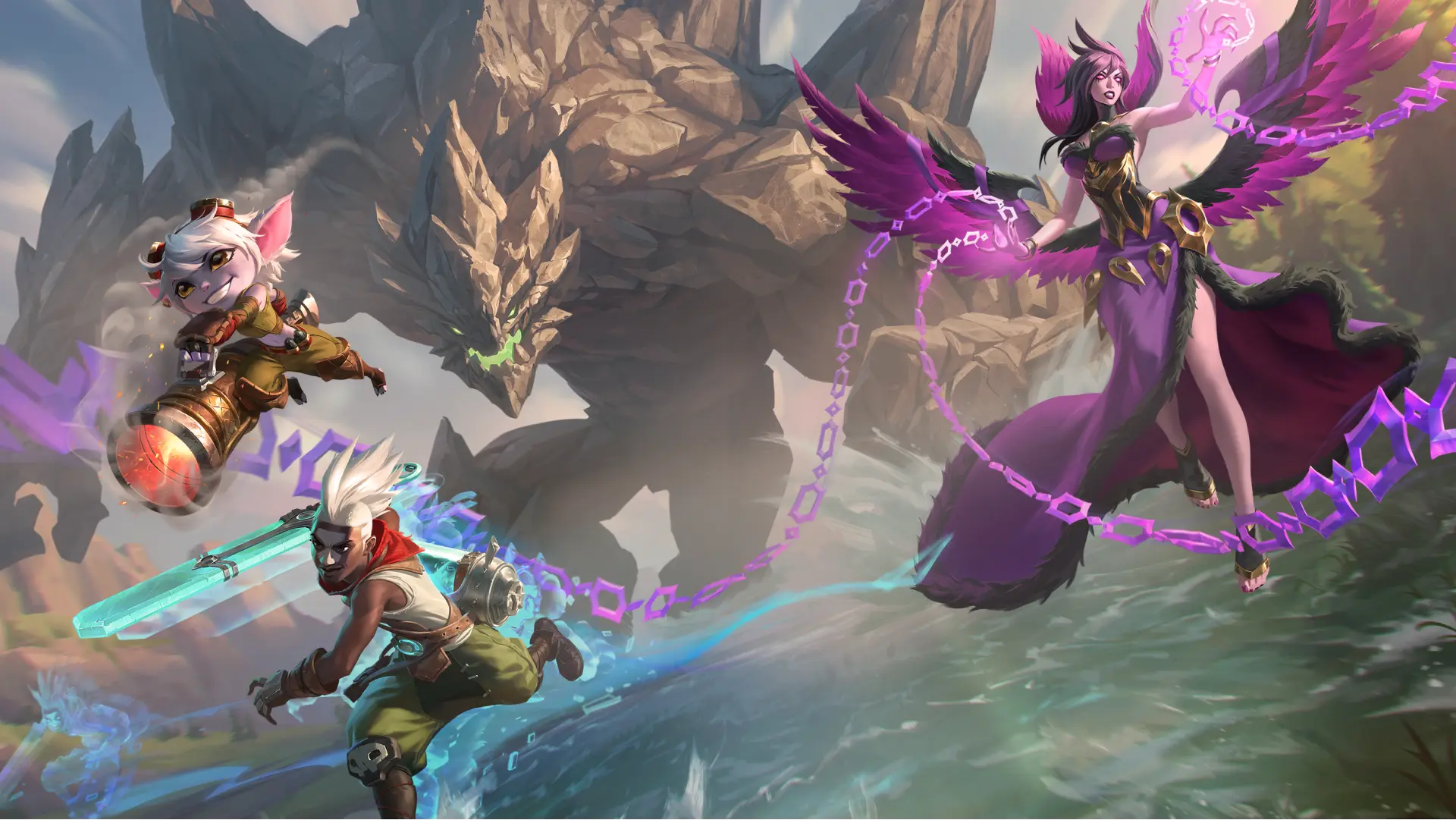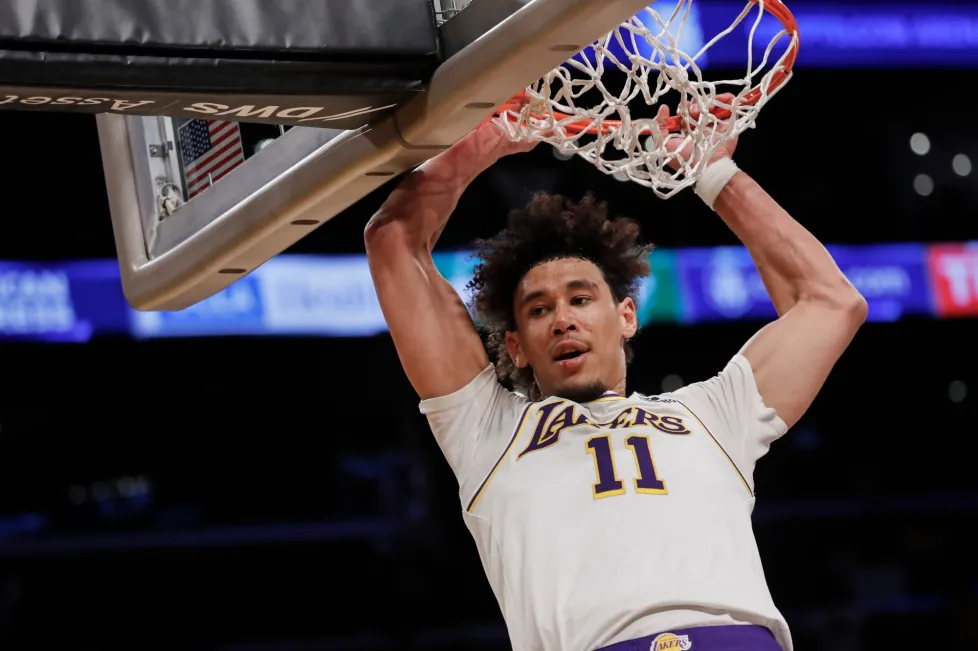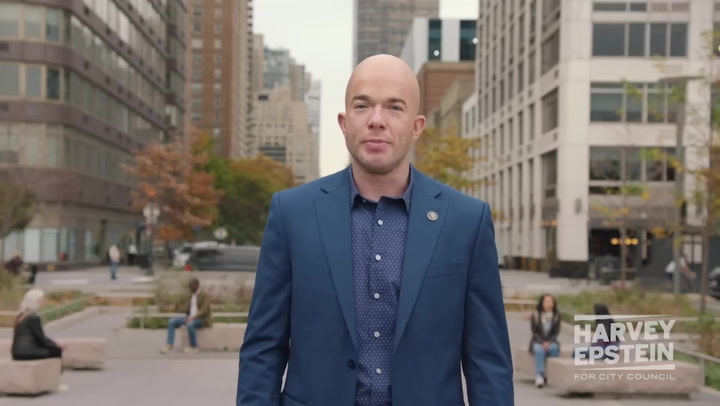Cheating in games has become an increasingly prevalent issue that affects not just individual players but the entire gaming community. Cheating in games includes a variety of actions intended to undermine the integrity of the game, such as exploiting glitches, using cheat codes, or employing third-party software to gain an unfair advantage. The risks of cheating and the consequences of cheating can be severe, impacting both the cheater and their fellow players.
What Is Cheating in Games?
Cheating in games involves utilizing various methods to gain advantages beyond the intended gameplay mechanics. This can manifest through:
- Using exploitative software known as cheats or hacks.
- Taking advantage of programming glitches.
- Manipulating game mechanics unfairly.
While some may argue that cheating can enhance the gaming experience, it ultimately undermines the spirit of competition and fairness.
Reasons Why Players Cheat
Players may resort to cheating for several reasons:
- Desire to Win: The most common motive is the overwhelming desire to win at any cost. For some, the thrill of victory outweighs the integrity of the game.
- Frustration: Players feeling frustrated or helpless against more skilled opponents may cheat to level the playing field.
- Peer Pressure: In some communities, especially online, there might be a culture that encourages or glorifies cheating.
Unfortunately, these motivations overlook the broader implications of cheating.
Risks of Cheating in Games
The act of cheating exposes players to a range of risks, both personal and communal. These risks include:
- Account Bans: Many gaming platforms have strict policies against cheating. If caught, a player may face temporary or permanent bans from the game.
- Loss of Reputation: Trust is crucial in gaming communities. Cheating can lead to a significant loss of respect from peers.
- Legal Consequences: In extreme cases, cheating may violate terms of service agreements, potentially leading to legal actions from game developers.
Consequences of Cheating in the Gaming Community
The consequences of cheating extend beyond the individual. The gaming community may experience:
- Toxic Environment: Cheating contributes to a toxic environment that discourages honest players from participating.
- Decreased Player Engagement: Fairness is a vital component in gaming. When players feel that they cannot compete fairly, they are less likely to continue playing, ultimately affecting game longevity.
- Impact on Game Integrity: The overall integrity of games is compromised when cheating becomes prevalent, leading to a decline in quality of gameplay.
Ethical Considerations
Engaging in cheating raises ethical questions that go beyond gameplay. Consider the implications:
- Fairness: Cheating undermines fairness, which is a cornerstone of any competitive activity.
- Respect for Developers: Cheating disrespects the hard work and creativity that game developers invest into creating balanced and enjoyable games.
- Community Trust: Cheating can erode trust within gaming communities, making it difficult to form genuine connections between players.
Prevention and Reporting
Addressing the problem of cheating requires collective efforts from both players and developers. Here are a few strategies to combat cheating:
- Education: Raising awareness about the dangers and downsides of cheating is essential.
- Reporting Mechanisms: Most games feature reporting systems. Players must utilize these tools to report suspected cheaters.
- Encouragement of Fair Play: Fostering a culture of fair competition can dissuade players from resorting to cheats.
Conclusion
Cheating in games presents significant risks and consequences that can tarnish the gaming experience for everyone involved. Whether it leads to bans, loss of reputation, or a toxic community, the implications are clear. Both players and developers share the responsibility to maintain a fair gaming environment. By understanding the importance of integrity and the potential fallout from cheating, players can better appreciate the value of genuine competition and fair play.




.webp)

